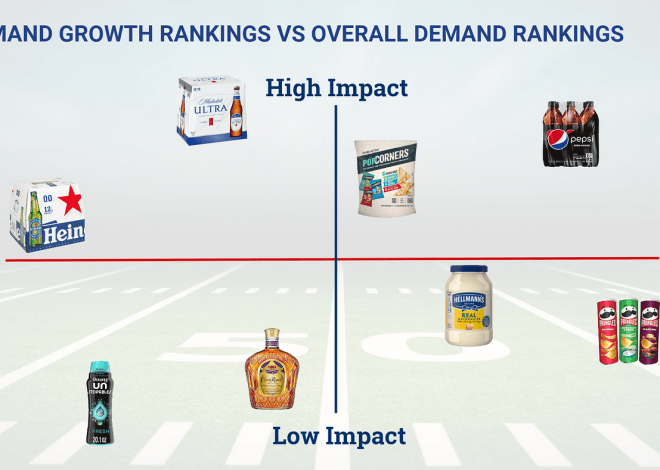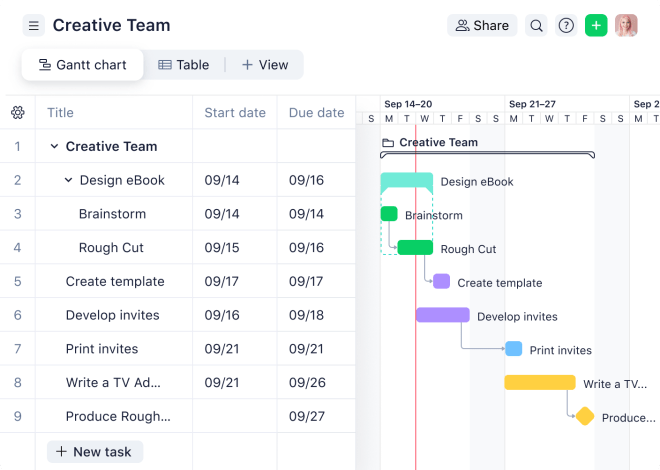Top Whoop Alternatives: A Detailed Comparison
Whoop has undeniably carved a niche in the wearable fitness tracker market․ Its focus on recovery and strain metrics has attracted a dedicated following․ However, its high price point and subscription model aren’t for everyone․ Fortunately, several excellent alternatives offer comparable features at more accessible price points or without the subscription fees․
Understanding Your Fitness Tracking Needs
Before diving into specific alternatives, it’s crucial to identify your priorities․ Do you primarily need sleep tracking? Are advanced workout metrics essential? Or are you simply looking for a basic activity tracker with a stylish design? Consider these factors to choose the best Whoop alternative for your individual needs and lifestyle․ Different trackers excel in different areas, and understanding your requirements helps you make an informed decision․
Key Features to Consider
- Heart Rate Monitoring: Accuracy and continuous monitoring capabilities are vital for assessing workout intensity and recovery․
- Sleep Tracking: Detailed sleep analysis, including sleep stages and sleep quality metrics, is a key feature for many users․
- Activity Tracking: Comprehensive tracking of steps, distance, calories burned, and various workout types is standard in most trackers․
- GPS Tracking: Essential for outdoor activities, providing accurate distance and pace measurements․
- Recovery Metrics: Similar to Whoop’s strain and recovery metrics, some alternatives provide insights into your body’s readiness to train․
- Smartphone Integration: Seamless synchronization with your smartphone for data viewing and analysis is crucial for user experience․
1․ Oura Ring: The Discreet Choice
The Oura Ring stands out with its minimalist design and focus on sleep and recovery․ Its small size makes it comfortable to wear day and night, unlike bulkier wrist-worn trackers․ Oura excels in sleep analysis, providing detailed insights into sleep stages, heart rate variability, and readiness scores․ While it doesn’t offer the same range of workout tracking as Whoop, its strength lies in its accuracy and comfort for continuous wear․
The Oura Ring’s data presentation is intuitive and easy to understand․ The accompanying app provides clear visualizations and personalized insights․ Its focus on long-term data trends allows users to track their overall health and wellness effectively․ However, it lacks the extensive workout tracking features found in Whoop or some other alternatives․
2․ Garmin Forerunner 955: The Athlete’s Choice
For serious athletes, the Garmin Forerunner 955 is a powerful and versatile option․ It boasts advanced training metrics, including VO2 max, training load, and recovery time advice․ Its robust GPS tracking is accurate and reliable, making it ideal for runners, cyclists, and other outdoor enthusiasts․ The Forerunner 955 offers comprehensive workout tracking capabilities, surpassing Whoop in this aspect․ It also features detailed sleep analysis and heart rate monitoring․
The Garmin ecosystem is well-established, with a vast library of features and a supportive community․ The device’s battery life is impressive, allowing for extended use without frequent charging․ However, its design is bulkier compared to the Oura Ring, and the price point is relatively high․
3․ Fitbit Sense 2: The Affordable All-Rounder
The Fitbit Sense 2 provides a great balance between features and affordability․ It offers comprehensive activity and sleep tracking, along with heart rate monitoring and stress management tools․ While not as advanced as Whoop or Garmin in terms of training metrics, the Fitbit Sense 2 is a reliable and user-friendly option for everyday fitness tracking․ Its integration with the Fitbit app is seamless and intuitive․
The Fitbit ecosystem boasts a large user base and a wide range of compatible devices․ The device’s battery life is decent, and its design is sleek and comfortable to wear․ The affordable price point makes it an attractive option for budget-conscious consumers․ However, it lacks some of the more advanced features found in premium alternatives․
4․ Polar Vantage V2: The Comprehensive Training Partner
The Polar Vantage V2 is a highly regarded fitness tracker that offers a comprehensive range of features for athletes․ It boasts advanced training metrics, including running power, recovery status, and sleep analysis․ Its GPS tracking is highly accurate, and it offers various workout modes to cater to different sports and activities․ The Polar Vantage V2 is a strong contender for users seeking detailed performance data and personalized training guidance․
Polar’s user interface is well-designed and user-friendly, making it easy to navigate and access relevant data․ The device’s battery life is excellent, and its design is comfortable and durable․ However, its price point is higher than some alternatives, and the feature set might be overwhelming for casual users․
Choosing the Right Whoop Alternative for You
Ultimately, the best Whoop alternative depends on your specific needs and preferences․ Consider your budget, desired features, and preferred user experience when making your decision․ Each of the alternatives discussed offers unique strengths and weaknesses․ For sleep-focused users, the Oura Ring excels․ Athletes will appreciate the advanced metrics of the Garmin Forerunner 955 or Polar Vantage V2․ Those seeking a balance of features and affordability might prefer the Fitbit Sense 2․
Remember to thoroughly research each option and read user reviews before making a purchase․ Comparing features and specifications will help you find the perfect fitness tracker to support your fitness journey in 2024 and beyond․ Don’t hesitate to explore additional alternatives available in the market to broaden your selection․
By carefully evaluating your fitness goals and comparing the features of these top alternatives, you can confidently choose a device that meets your specific needs and enhances your overall health and wellness journey․
Consider your lifestyle, activity levels, and budget to ensure you select the right tool to empower your fitness goals․ Ultimately, the best choice is the one that motivates you to consistently track your progress and improve your overall well-being․
Investing in a fitness tracker is an investment in your health, so take your time and choose wisely!



